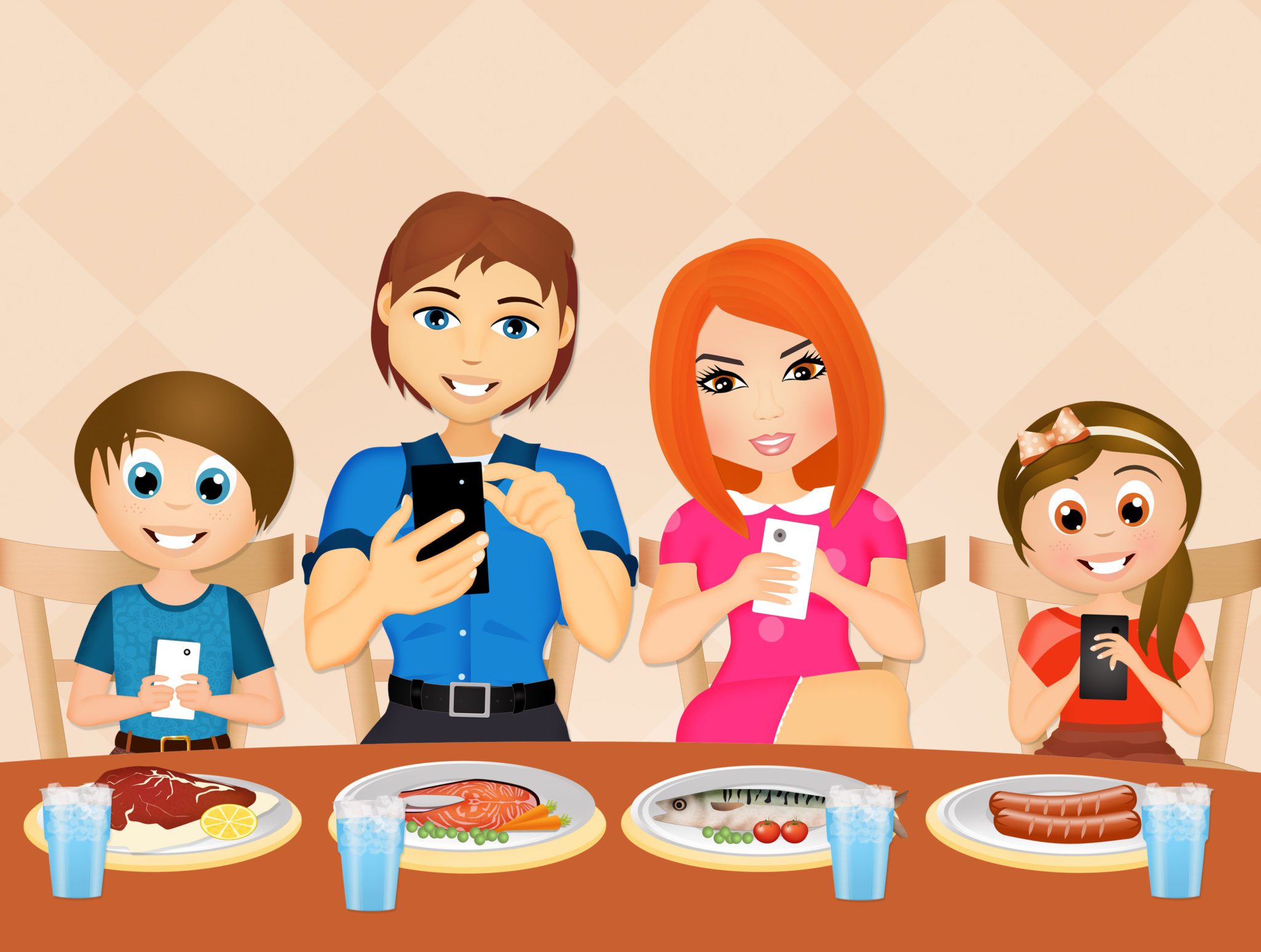“You would do it if you loved me.” Teens, Coercive Relationships, and Digital Media

Posted in: Hot Topics, Parenting Concerns, Teenagers
Topics: Digital Media, Hot Topics, Relationships
You would have to be completely unplugged to have missed the heightened reports of sexually coercive behavior among celebrities, prominent media figures, and politicians. Indeed, the seemingly sudden explosion of public knowledge of these deplorable actions might lead you to believe that we are encountering a new phenomenon. In reality, relational and sexual coercion have long plagued our culture. However, the power of technology has added transparency and urgency to this ongoing problem.
These changes create opportunities for important conversations with teens about coercive relationships and sexual exploitation, particularly in the digital realm. Smartphones and social media, after all, are the linchpins of teens’ social worlds. They are therefore often the most potent conduits for these coercive dynamics.
Given the limited research on these topics, and a tendency for the media to emphasize extreme cases, it can be challenging for parents to know when concern is warranted. Although adults perpetrate sexual exploitation with teens as victims, this post addresses coercive dynamics between teens themselves, and, perhaps most importantly, how parents can help. We’ll focus especially on sexual coercion and exploitation, sometimes called “sextortion” and “revenge porn.”
Sextortion involves coercing or otherwise obtaining incriminating photos or information from teens, and threatening to expose them if sex acts are not performed. Similarly, revenge porn describes the public posting of consensually created sexually explicit/pornographic images. In April of 2017, Massachusetts Governor Charlie Baker filed a bill to create criminal penalties for revenge porn since no such laws currently exist in the state. There is limited information available on how prevalent these forms of exploitation are, but the psychological effects can be devastating.
Setting aside technology for the moment, coercion and sexual exploitation fundamentally involve the misuse of power. Technology does not create this problem, but technology can definitely facilitate sexual exploitation. Given that teens live in an increasingly digital world, they may be particularly vulnerable. Adolescents are learning what healthy and intimate relationships look and feel like, and they are also learning this digitally. Thus, we have the cliché of the perfect storm. Teens exploring the ambiguous power of emerging sexuality using the not-entirely-understood power and impulsive behaviors that social media and texting afford.
As any parent will tell you, teens need our help in making sense of sexual and intimate relationships. Still, many parents feel ill-equipped for this task, especially in the unfamiliar technological space where relationships increasingly take place. In other words, talking about these things was awkward enough before it involved terms like “revenge porn.” However, these issues must be part of the conversation.
Becoming aware of one’s sexuality and its effects on others is a powerful experience. This, coupled with limited experience in relationships, can lead to teens not knowing when another teen’s behavior is frankly coercive. Additionally, psychological coercion is by definition insidious, difficult to name, and shaming – for adults and teens alike –and often leads those who have this experience or know about it to stay silent. Because teens are notoriously private about their smartphone and online presence, what should parents do?
- First and foremost, initiate conversations about healthy sexual relationships with teens, and revisit this conversation often. They might of course roll their eyes, cover their ears, and run out of the room. Nevertheless, there is a good deal of evidence that they are also listening to you during these fraught discussions. Certain parental behaviors during conversations about sex are associated with teens making more self-protective sexual decisions later. These behaviors include having knowledge about the topic, listening more, talking less, a non-judgmental and open stance, and asking open-ended questions.
- Contrary to what many believe, the most common form of “sexting” between teens (i.e., exchanging sexually explicit images by smartphone) is consensual, exploratory, and an expression of heightened sexual interest and activity that is typical during this time of life. Discovering that your teen has engaged in sexting may be an occasion for conversation about sex, but it is typically not an emergency or an indication that coercion has occurred.
- That said, the difference between consensual and coercive is not always obvious. For example, female teens may experience requests to send sexual images differently than males. While requesting a sexual image can be a marker of sexual prowess for males, females often feel pressured and potentially shamed when they participate. These kinds of cultural double standards are nothing new, but we should be careful to note and take careful action to correct these misconceptions both within and outside of digital spaces.
- Coercion often happens over time: one request, then another, then another, and a gradual wearing down of will. It is a process more than a one-time event. This dynamic can make victims feel complicit in behavior they did not want but felt coerced to do, which later causes regret. Making this pattern clear to teens helps them to feel less personally responsible for “giving in.”
- Sextortion and revenge porn cause profound distress for teens. The emotional aftermath could result in safety concerns (e.g., digital abuse / harassment; suicidality; self-harm), which may require parents to restrict teens’ digital media access.
- Keep an eye on teen’s general wellbeing and mental health – apart from social media and smartphone use. Is the teen otherwise doing well or are other factors present that enhance their vulnerability to unhealthy relationships? Factors such as past mental health difficulties, past trauma, family conflict / exposure to domestic violence, and social isolation are reasons to investigate further.
- Sexual minority and gender nonconforming youth (i.e., LGBTQ) may be uniquely vulnerable to exploitation due to the challenges of consolidating sexual identity into what remains a largely heterosexual cultural setting. Stigma and discrimination have long been identified as barriers to seeking help.
Finally, it is extremely important to talk explicitly with teens about the two key ingredients of coercive relationships:
- The imbalance of power. For teens, a power imbalance may be a difference in age, social status, intelligence, etc. In such situations, parents should express curiosity about the relationship. What does the teen like about the other person; how does he / she make them feel? Have their friends met him / her, what was that like?
- Alternating good – bad treatment. This refers to behavior that is sometimes loving and caring, and at other times controlling and unkind. This pattern is incredibly confusing but can also strengthen unhealthy attachments.
These two ingredients have been described as the “super glue” of coercive relationships.
Coercive relationships are insidious and deeply shaming, and even with good education and strong parent-child communication, teens can still be vulnerable to other peers whose attention they crave. Avoid self-blame and seek professional help when needed. Remember, even though the technology is new, these discussions have been around for a long time. We must continue to adapt our guidance to meet the demands that our culture presents.
With that caveat in mind, there’s one more key bit of advice: Don’t have these conversations via texting. That kind of defeats the whole purpose.

 Share
Share Tweet
Tweet





